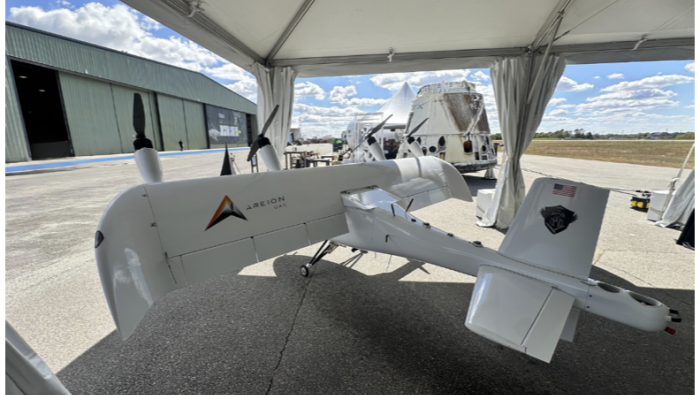Britain and France will begin full-scale development of an unmanned Future Combat Air System (FCAS) that could replace current-generation European fighters in the 2030 time frame. The two nations will commit £1.54 billion ($2.1 billion) to the joint effort, according to an agreement announced on March 3.
The FCAS builds on Britain’s development of the Taranis unmanned combat air vehicle and the pan-European Neuron UCAV project led by France’s Dassault Aviation. Britain and France signed an agreement at the Farnborough Airshow in July 2014 to conduct a two-year feasibility study of the FCAS, which has been discussed as a potential far-term replacement for fourth-generation Dassault Rafale and Eurofighter Typhoon fighters.
The latest agreement was announced at a defense summit in Amiens, France, attended by UK Prime Minister David Cameron and French President Francois Hollande. Each nation will contribute £750 million ($1.06 billion) to the FCAS effort, according to media reports. The industry partners that will participate in the project include BAE Systems, Rolls-Royce and the Finmeccanica Airborne and Space Systems division in the UK, and Dassault, Snecma and Thales in France.
In a statement issued during the summit, British Defense Secretary Michael Fallon said: “The Future Combat Air System project will give the UK and France the most advanced vehicle of its kind in Europe, securing high-end engineering jobs and expertise in both countries with full-scale development of prototypes starting in 2017.”
Speaking for itself and its partners, Dassault said it was “delighted at the two countries’ shared intention to pursue cooperation in military aviation, and particularly to launch a new phase in 2017 with the ‘scale 1’ development of a UCAS operational demonstrator. It is important to prepare for the future in the strategic field of combat UAVs,” added Chairman and CEO Eric Trappier.
BAE issued the following statement: “We welcome the announcement by the UK and French governments of a new £1.5 billion project to build a prototype of the next generation of unmanned aircraft. Today’s news builds further on the investment and technological capabilities BAE Systems has already developed in unmanned air systems over the past decade through a number of prototypes and demonstrators. Most recently the company and the UK Ministry of Defence invested in designing and building the Taranis unmanned combat air system demonstrator. Technologies from Taranis will make an important contribution to this next UAS development program.”
Fallon said he also secured a commitment by France to consider arming the next version of its Tiger attack helicopter with the MBDA Brimstone ground attack missile. He committed the UK to providing one airlift flight a month to support French forces fighting terrorists in Africa.







